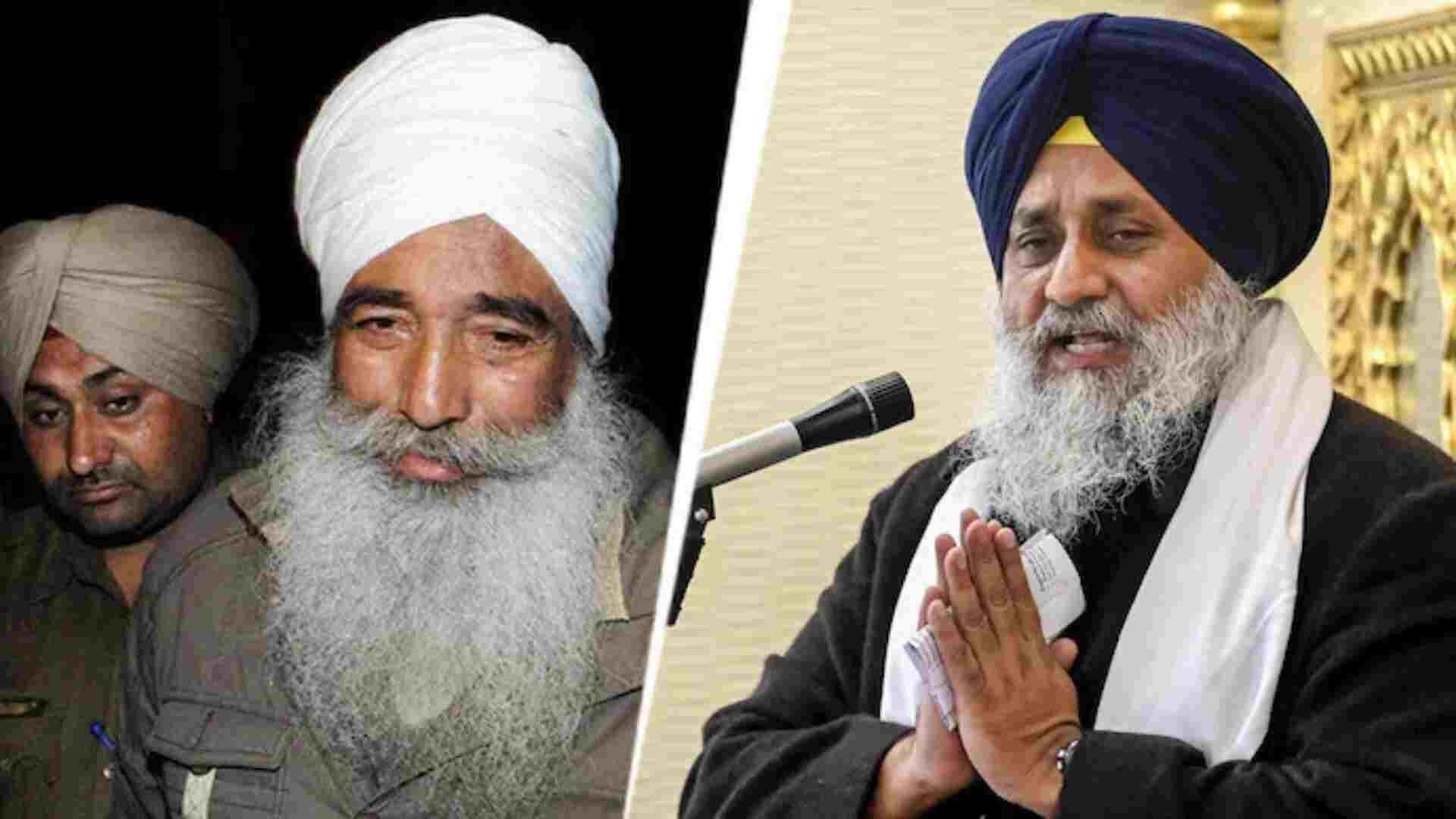In a chilling incident that has shaken the entire Punjab and the worldwide Sikh community, Sukhbir Singh Badal, former Deputy Chief Minister of Punjab and current president Shiromani Akali Dal, was attacked with an assassination plot at the revered Golden Temple in Amritsar. The attack happened when Badal was performing sewa, or voluntary service, at the Sikh shrine, an act mandated by the Akal Takht, the highest temporal seat of the Sikhs, as part of his penance for the sacrilege incidents that unfolded during his political tenure.
Narayan Singh Chaura, an individual with deep roots in the Khalistani movement and an infamous militant past, was promptly arrested after he opened fire at Badal. Chaura, born in the village of Chaura near Dera Baba Nanak, Gurdaspur, and educated at the Sikh Missionary College in Amritsar, has a notorious history. He crossed into Pakistan during the high tide of militancy in Punjab in the 1980s when he was allegedly engaged in smuggling arms and explosives to India to fuel the insurgency. His arrest is consequent upon a spate of criminal activities that had seen him implicated in the Burail jailbreak case wherein he was involved as an aider to prisoners trying to escape.
The attack has not only raised immediate security concerns about one of Sikhism’s holiest sites but has also brought to the forefront the simmering issues of political accountability, communal harmony, and historical grievances in Punjab. Security at the Golden Temple has been an ongoing concern, particularly given its history as a focal point for both spiritual reverence and political activism.
Political leaders belonging to different parties have been condemning the attack, where many have sought a proper investigation about how such an incident may happen at a place like this, with strict security protocols. Akal Takht has issued a statement expressing deep concern over the event, urging calmness and unity in the Sikh community while emphasizing the sanctity of the Golden Temple.
The attack has again brought the handling of sacrilege cases under Badal’s leadership under debate. As it is already known, sacrilege of the Sikh holy scripture had started protesting all over and brought a political damage to the SAD. Badal’s penance was widely viewed as a bid to mend the relationship with Sikh Panth and redress the grievances that alienated a fair portion of his voter base.
The incident has also resurfaced discussions on undercurrents of the Khalistani movement in Punjab as Chaura’s involvement brings in the possibility of elements of militancy still lingering around, though less systematically than before. Analysts hint that such acts of violence are attempts to destabilize or rekindle old conflicts within the region.
The police have strengthened security at the Golden Temple and other important religious centers in Punjab with more checks and surveillance. Chaura, now in custody, is being questioned to unravel any possible network behind this attempt, besides his motivation and whether this was an isolated incident or part of a larger plan.
The attempt to assassinate Sukhbir Badal has threatened not only his life but has also reopened old wounds in Punjab’s socio-political fabric, making it a decisive moment for the state leadership to maneuver through with wisdom and sensitivity.

